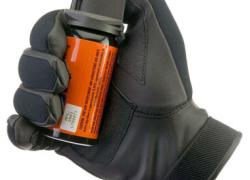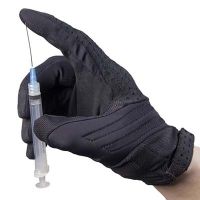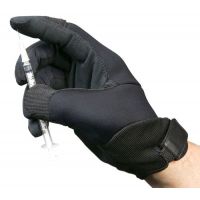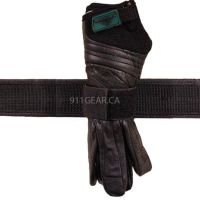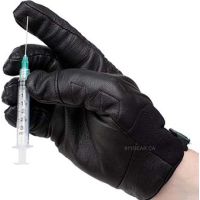Duty Gloves - What you need to know - Part 2 - Construction Materials - How to choose - Body Fluids
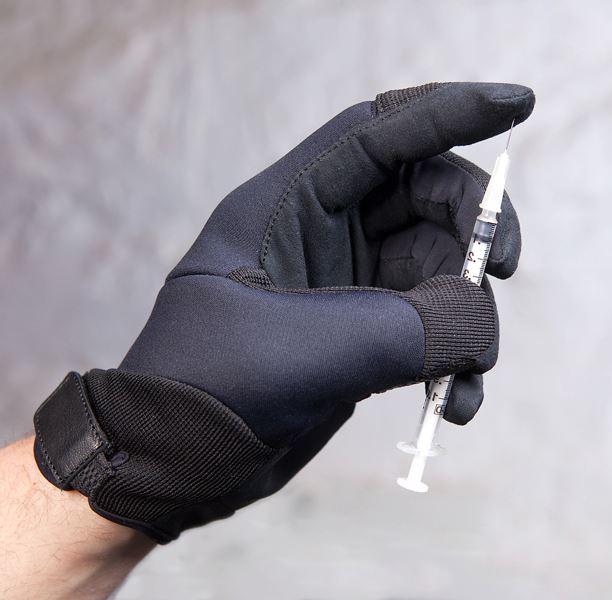
Part 2 - Construction Materials - How to choose - Body Fluids
Construction Materials
The material most duty gloves are made of can be broken down into two categories leather (or leather like) or softer materials like neoprene and spandex or a combination of both materials. Each type has its advantages and disadvantages.
Differences
Other than the obvious differences one is protection. A leather glove will protect better from fluids than a material glove. Material can saturate with liquids like gasoline during car accidents or body fluids *** when interacting with victims and suspects. Also takes a bit more power to cut leather than it does a softer material.
The advantage to the softer materials is the fact when searching you have much better dexterity and a better ability to feel smaller items I'm clothing etc.
So which one do you choose ?
Base your decision on a number of different points
1) Department Policy and or rules and regulations.
2) Training. Ask your agency instructor
3) Experience and preference.
*********The first two points are VERY important. please consult your department or agency before purchasing your own gloves.*********
Glove Protection.
It is very important to research your gloves carefully. One consideration is area of protection. Different gloves have different areas of protection. Some gloves are made with the entire inner shell made of Kevlar, spectra or dynema. Other may have palm protection but not finger protection. Yet others may have palm and finger protection but no protection on the back of the hand. Important points to consider when choosing a glove.
Body fluids and your Gloves
My personal policy is simple if my gloves become soiled with ANY type of body fluids they are garbage. To me the price of a new pair of gloves is cheaper than contracting any diseases from body fluids. I have thrown 2 pairs of gloves in the garbage in the last 4 years. First become soiled with urine and second pair feces. One pair was a two week old pair of blackhawk gloves.

